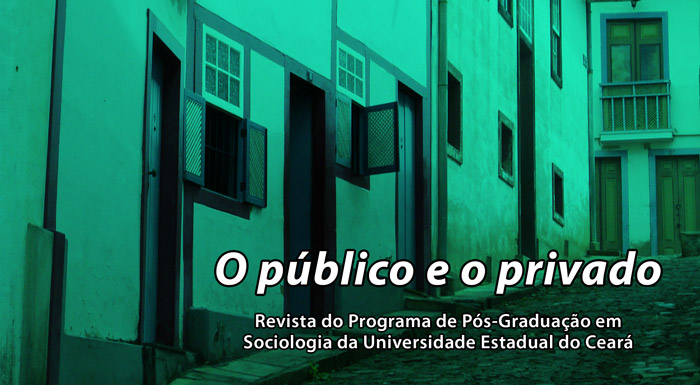Rebelião, “facções” e formação de consciência
uma análise do sistema socioeducativo cearense
Palavras-chave:
Rebelião, Consciência, Sistema socioeducativoResumo
O sistema socioeducativo brasileiro, sobretudo o cearense, fogem dos parâmetros constitutivos defendido pelo Estatuto da Criança e do Adolescente (ECA) e do Sistema Nacional de Atendimento Socioeducativo (SINASE) tendo sido em 2015, inclusive, denunciado e condenado pela Comissão Interamericana de Direitos Humanos devido as superlotações e recorrentes denúncias de tortura. Nesse sentido, como forma de reivindicar melhores condições estruturais e materiais, os adolescentes autores de ato infracional comumente recorrem a estratégias de enfrentamento, na maioria das vezes, por meio de rebeliões. No atual contexto, as facções inserem-se nesses espaços alterando a dinâmica das rebeliões, assim, como do processo de formação de consciência. Dessa forma, esse trabalho busca refletir de que forma o processo de revolta e contestação violenta, que acarreta no processo de rebelião, se forja na privação de liberdade, associando-o ao processo de formação de consciência. Partimos do pressuposto que para romper com os processos de alienação os adolescentes precisam tomar consciência do contexto de opressão em que estão inseridos para, assim, se organizarem. A construção desta consciência, no entanto, é perpassada pela inserção das facções nos centros socioeducacionais.











